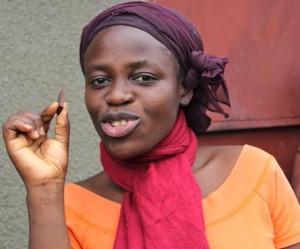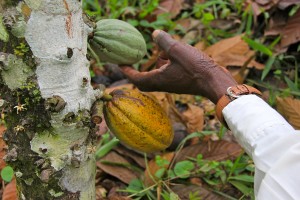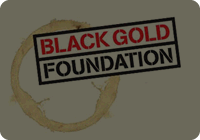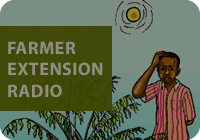Categories
Recent Posts
Farmer Radio in DRC – Presenter Interview
This entry was written by Ian Agnew, posted on 02/04/2014 at 11:48 pm, filed under Farmer Extension Programme, Updates and tagged Africa, central africa, Chocolate, cocoa, community, Congo, development, DFID, DRC, empowerment, FRICH, gourmet chocolate, Lorna Young Foundation, LYF, original beans chocolate, radio, trade justice, Trade not Aid, tradejustice, violence to women, women. Bookmark the permalink. Follow any comments here with the RSS feed for this post. Post a comment or leave a trackback: Trackback URL.






